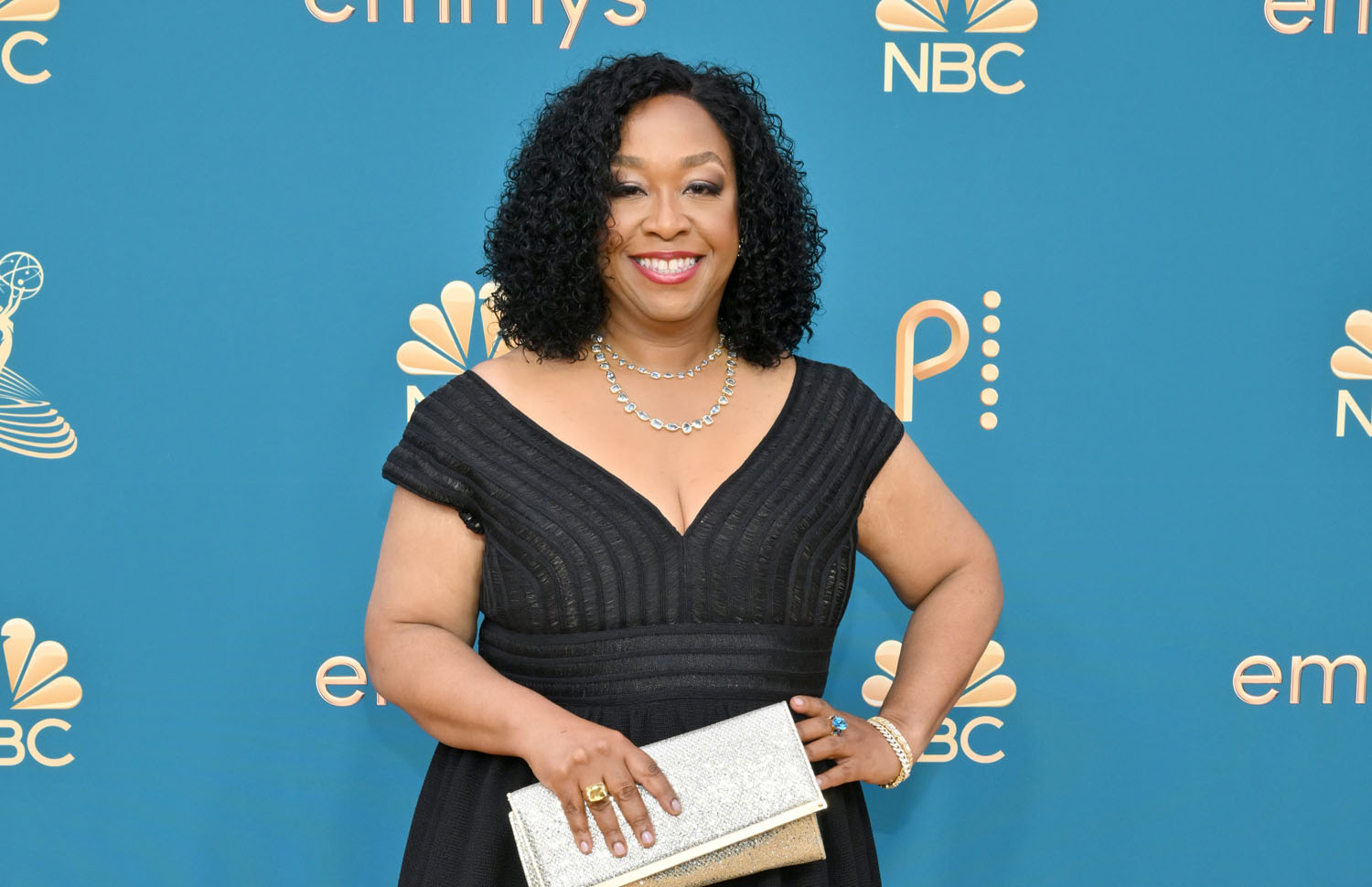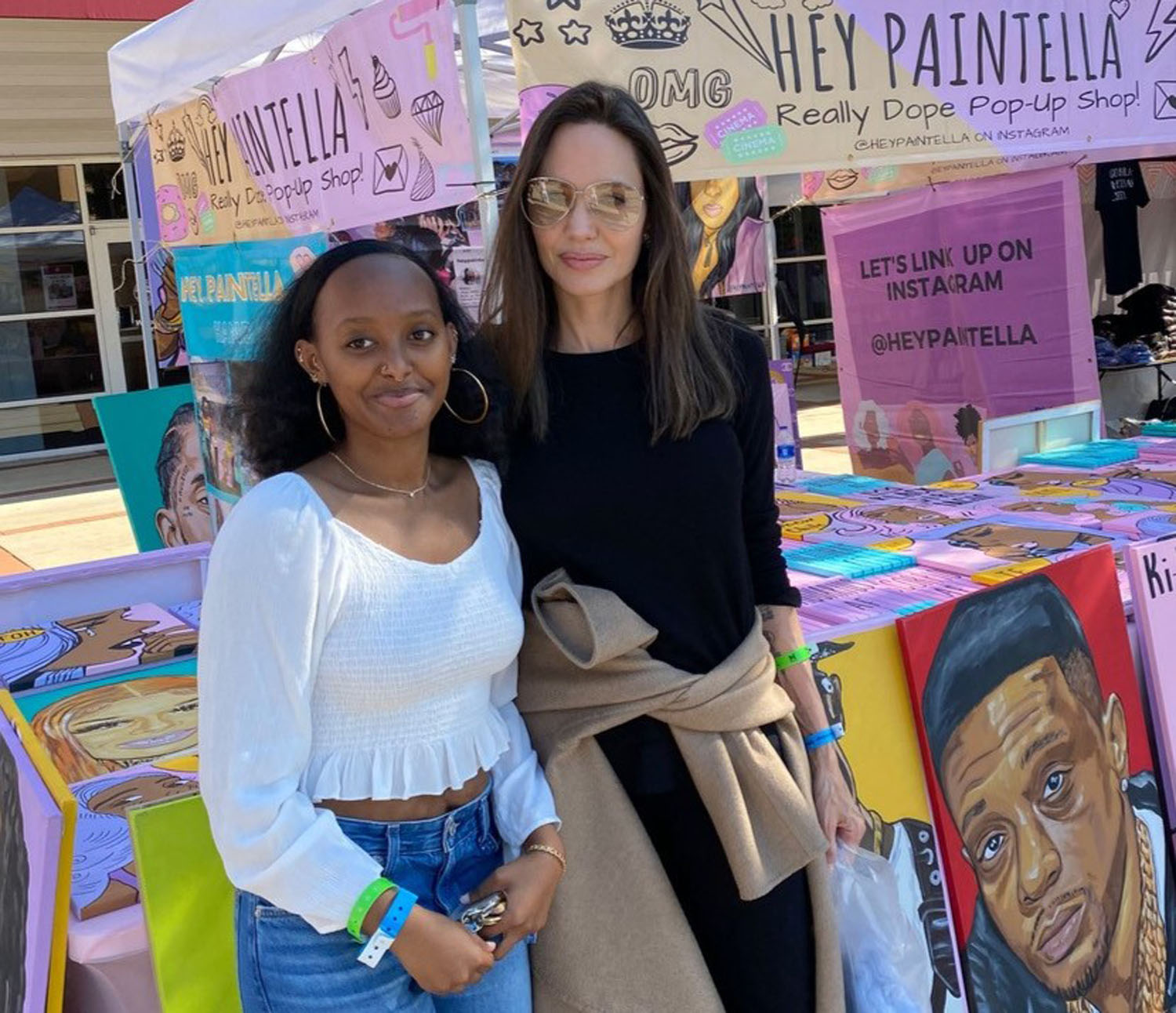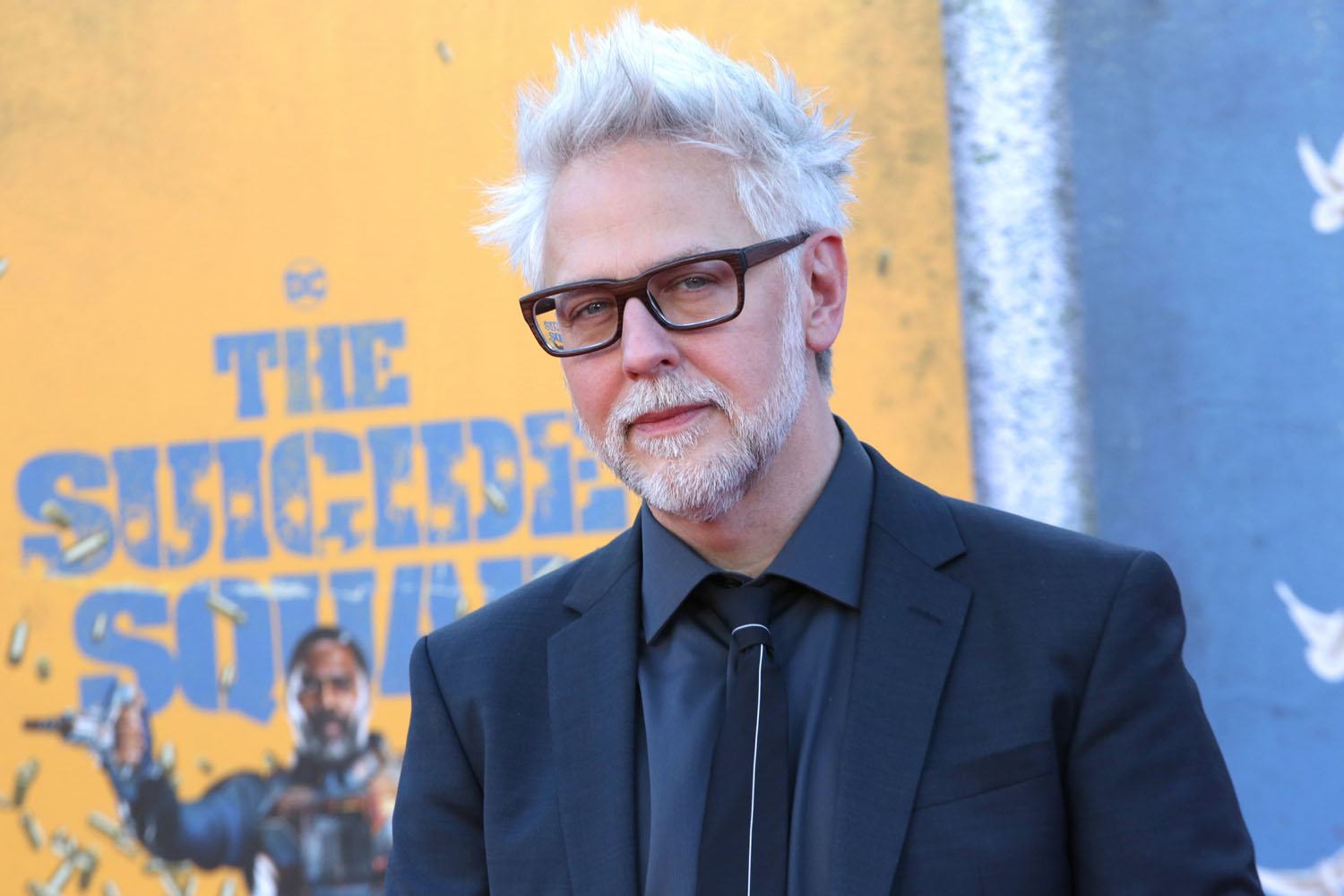Shonda Rhimes paved the way



Shonda Rhimes was the most recent guest on the 9 to 5ish with the Skimm podcast. She gave listeners some insight into some of the struggles she faced getting Grey's Anatomy off the ground, like the unanimous doubt from executives that the show would find an audience.
"I remember getting called into a room full of old men to tell me that the show was a problem," Rhimes said during the conversation. "Because nobody was gonna watch a show about a woman who would sleep with a man the night before her first day of work, and they were dead serious."
Luckily, Shonda had her creative partner Betsy Beers with her, who kindly let the men know that the story was actually based on her real life – and likely the real lives of many other women who, yes, have sex, and even do so when they start a new job the morning after.
"Shonda looked like she wanted to throw up, which was the appropriate response to this, but I couldn't help it, and I said, 'Oh, that's me. I did that. That's absolutely me,'" Beers explained. "I remember I was saying that and I just blurted it out, because it was true."
Shonda described the executives fleeing the room after Betsy’s confession, like they couldn’t leave fast enough, "They didn't know what to do. They were like, 'These are these kinds of women we don't like.'"
So I guess the lesson here is that good TV happens when it’s written by the women that those executives don’t like? The more uncomfortable they are, the faster they leave the room, the better TV it’s going to be. Mostly because it’s real, it’s honest, and it challenges the status quo. There’s also something to be said about how problematic and restrictive it can be to try to create art, TV, anything for that matter, under a very limited perception of what is realistic and not realistic for women or any one group of people, none of whom are monoliths.
Grey’s Anatomy has remained the top show in the critical 18-49 age demographic. The 2021 season averaged more than 15 million viewers each episode across TV and digital. And on other platforms, like Netflix, it is the second-most popular and second-most streamed only after The Office.
So what did Shonda and Betsy and all of the others who actually believed in the show get right?
According to viewers, a lot. Ellen Pompeo’s character Dr. Meredith Grey is revered as a well-rounded lead character. The show got points for the diverse cast and how well it has balanced a soap opera/rom-com vibe. All of this has allowed the show to create a series the audience can depend on season after season, despite so many shows experiencing difficulty lasting past the first.
So why the doubt, then?
Things were different in 2005. The streaming industry hadn’t revolutionized our media consumption yet, and there was still a huge emphasis on primetime television. Cable TV operated entirely differently than it has in recent years, where every network seems to now offer an on-demand viewing option.
The narrow-minded men were the ones to making all the decisions. And I imagine that having a young, Black female creator pitching this idea about the people of Seattle Grace Hospital, led by a character who owned her sexuality, didn’t seem like the show that could be the midseason Boston Legal replacement that it was initially supposed to be.
The doubt is something other Black women like Issa Rae, Quinta Brunson, and Lena Waithe have all had to deal with throughout their careers, despite knowing, innately, that their projects would likely experience great success.
Issa Rae took matters into her own hands when she created her web series, Awkward Black Girl in 2011 to shake up Hollywood norms. Doing so gave her full creative reign, and the power to move forward with including the word “Black” in the title, despite advice not to.
“Someone told me I should call the series ‘Awkward Girl’, otherwise people would focus on the fact I’m Black,” she said in a 2021 interview with Vogue. “I wanted to create space for a character who is an awkward Black girl.”
And it paid off. In 2012, she won a Shorty Award for best web series. We saw her continued success with Insecure, based off of the web series. She ended it after five seasons on her own terms and much to the dread of fans who were swept up in the show’s storytelling and showcasing of everyday, human – and Black – experiences.
Unlike Insecure, a show popular mostly among the Black audience, Quinta Brunson’s show Abbott Elementary is so well-enjoyed by the masses that she won an Emmy for Outstanding Writing in a Comedy Series in September – and she was only the second Black woman to do so after Lena Waithe.
The talent of all of these women is immeasurable. But I’m still stuck on the fact that the initial doubts for many of the projects they embarked on came from a lack of belief that the everyday experiences chronicled in these shows and series may not be accessible or relatable to an audience. And it brings up the question of which audience writing is being done for.
Amazing things happen when everyone is given a fair chance at having a seat at the table. Grey’s Anatomy is not only a hugely successful TV show, but one that holds power and influence and manages to weave real-life instances into television. Episodes have covered everything from domestic violence to a crumbling health care system, to increased health risks for Black women to sexual assault. We saw this in season 15’s incredibly powerful Silent No More installment – which was inspired by Christine Blasey Ford’s testimony about then Supreme Court Justice nominee Brett Kavanaugh.
Though Shonda is now doing deals exclusively with Netflix, Krista Vernoff has taken over her role as showrunner, and pays homage to Shonda constantly. In 2019, she appeared on a panel at the Getty Center and spoke about on-screen representation. And the sentiment she shared speaks to the work women writers must continue to do, even in the face of doubtful executives.
“I am not fearless, but I am f-cking brave. I have so much fear when I challenge the status quo. And I shake and I cry and I call people. And then I do it anyway.”

